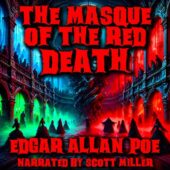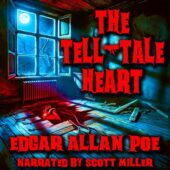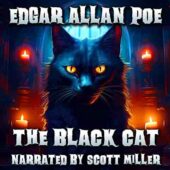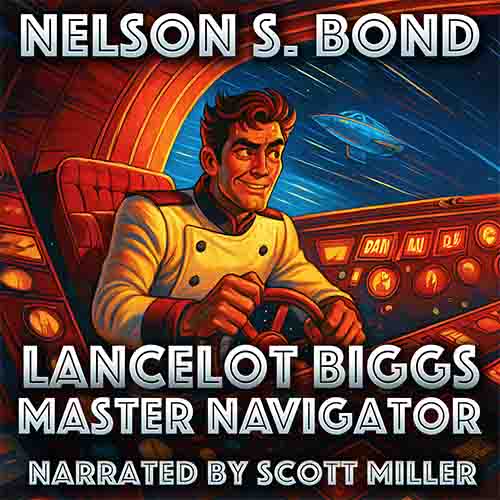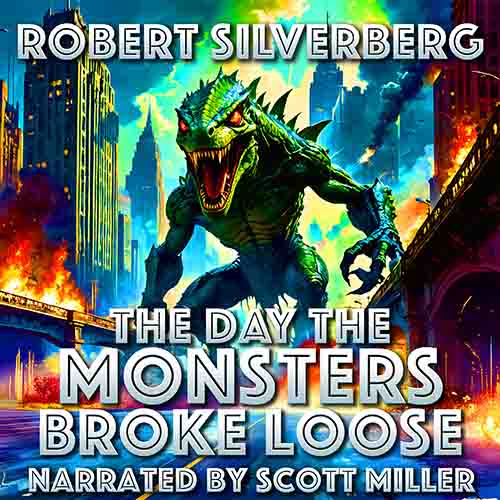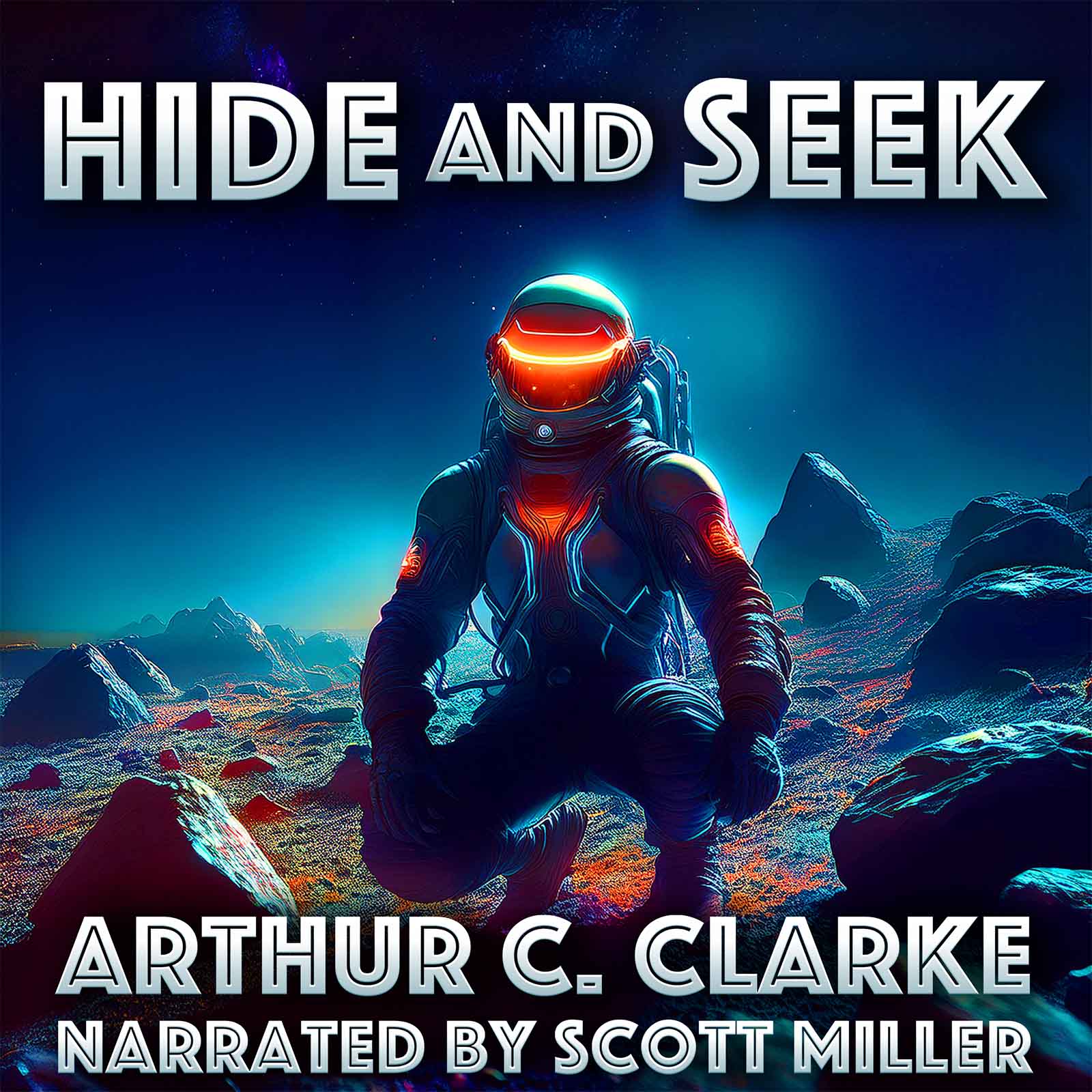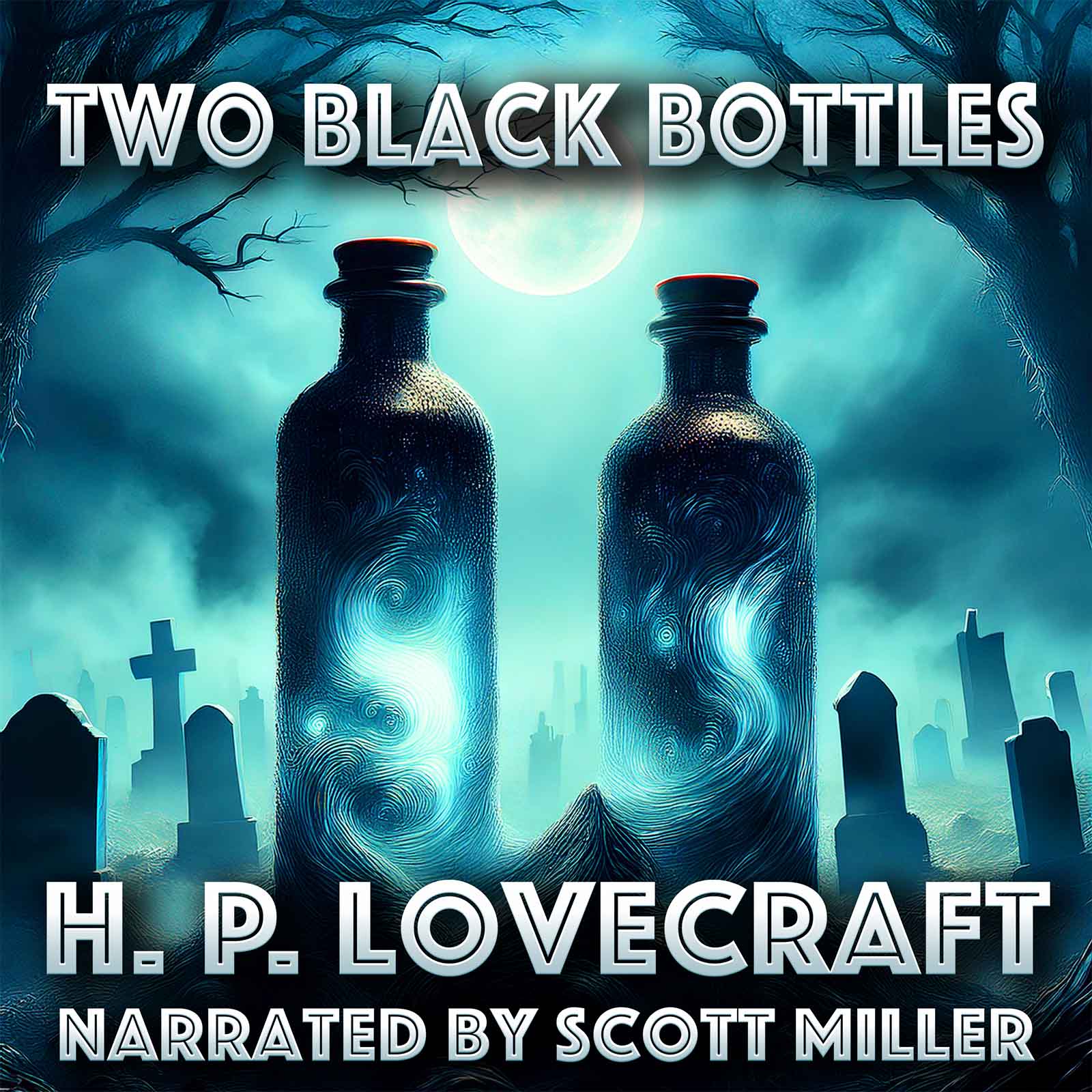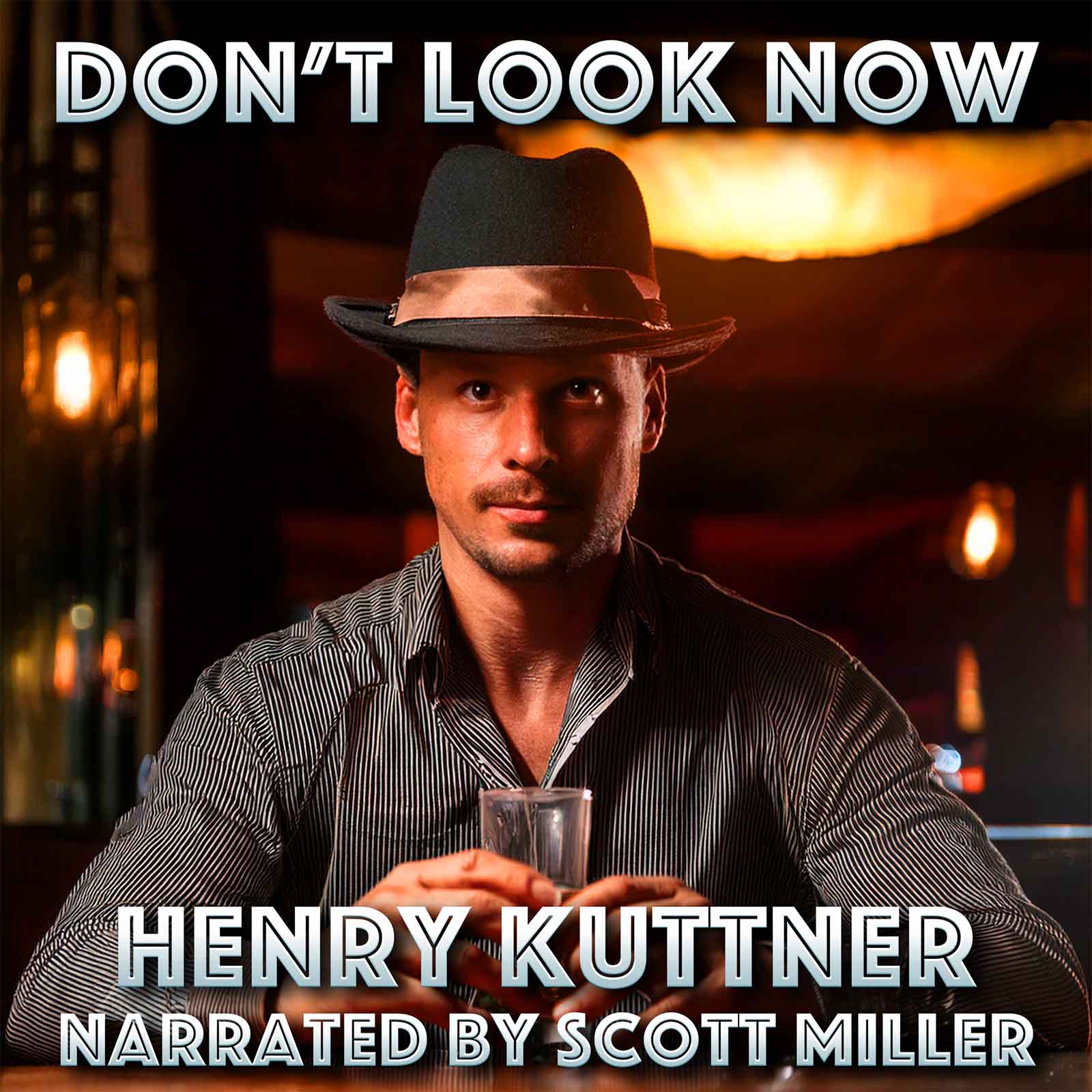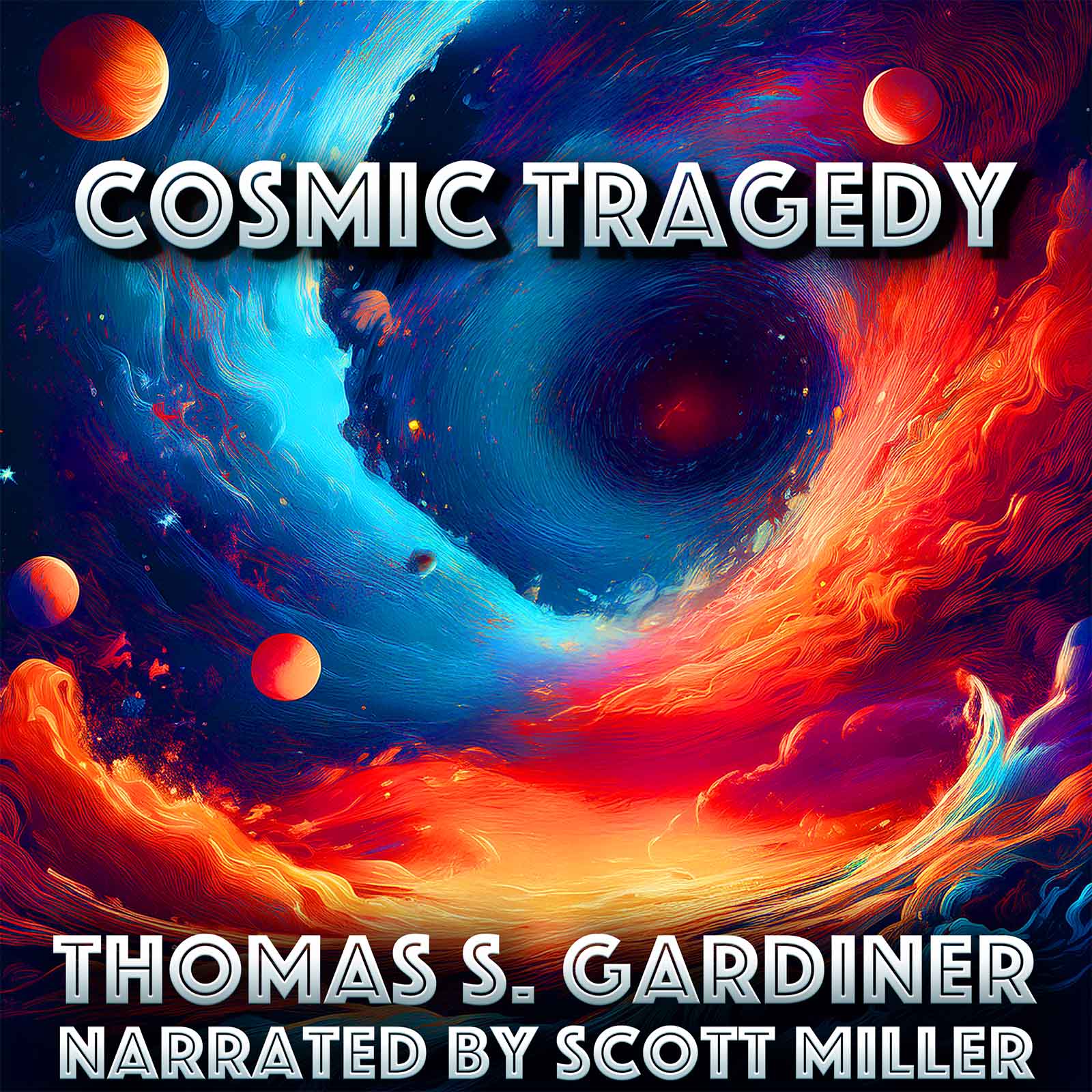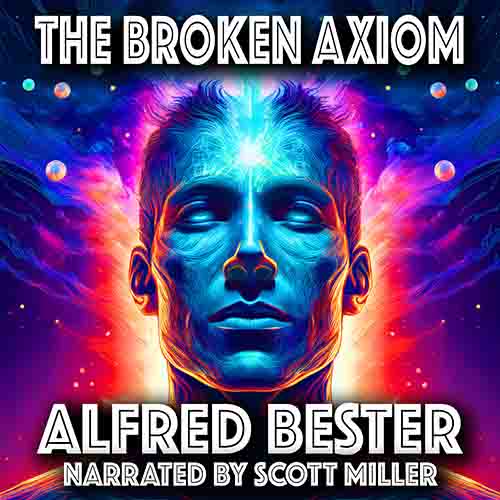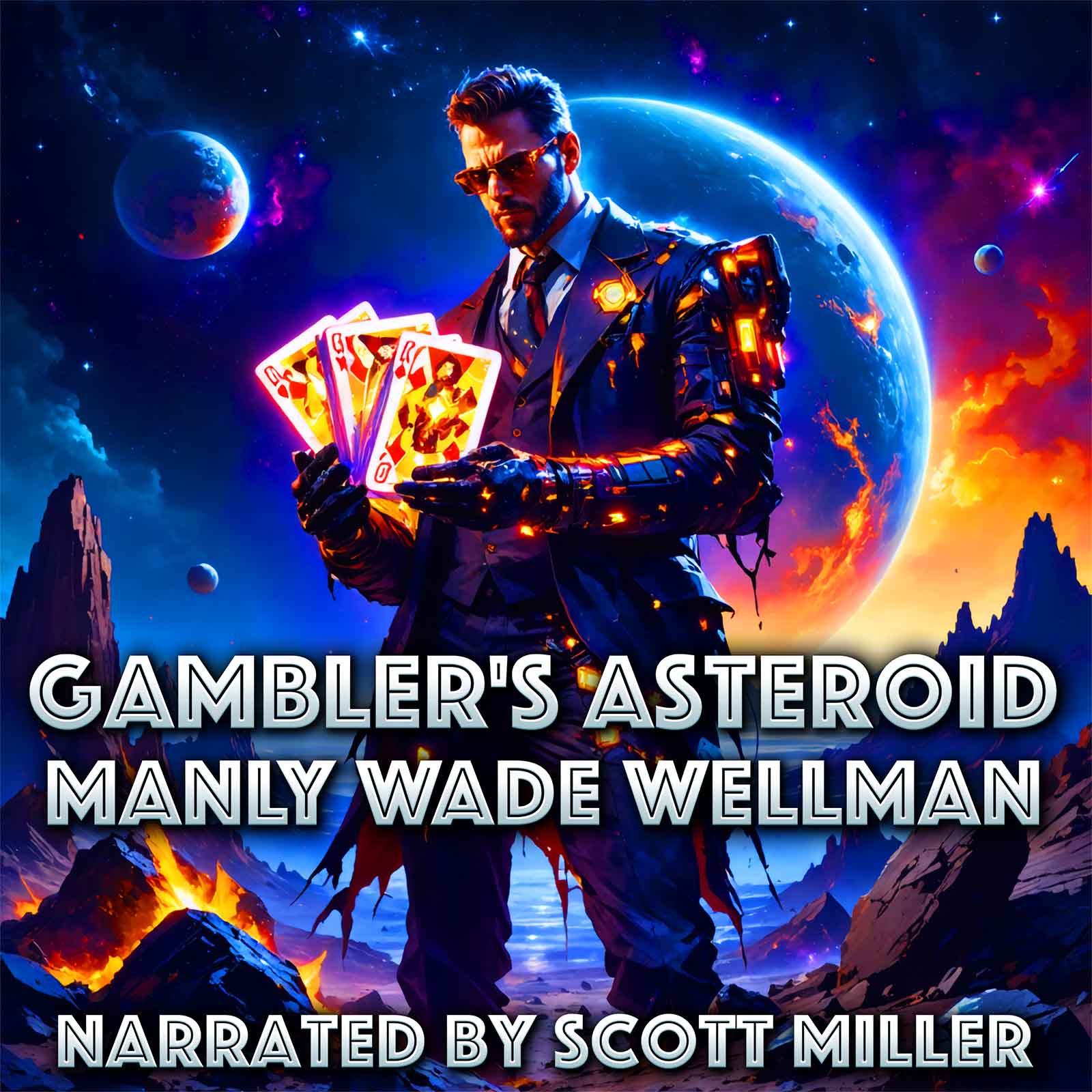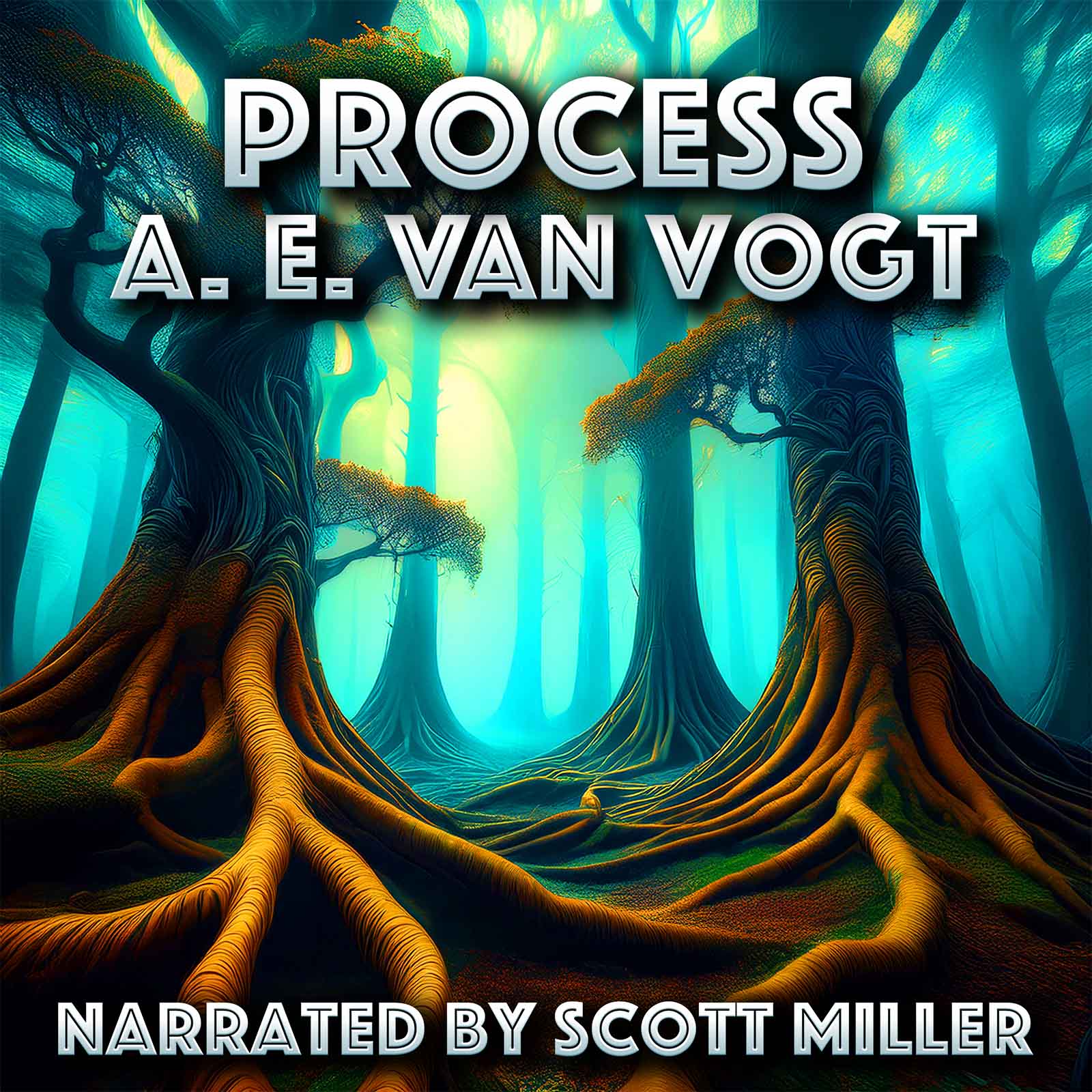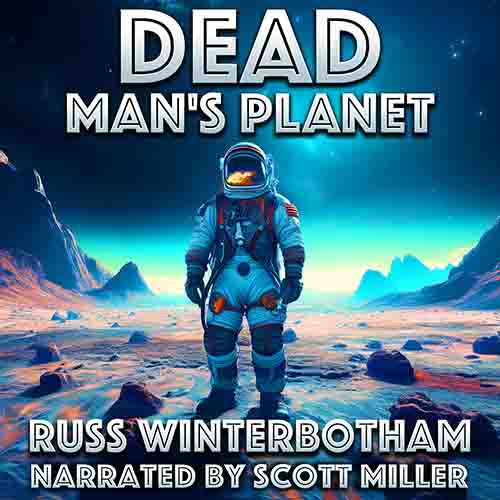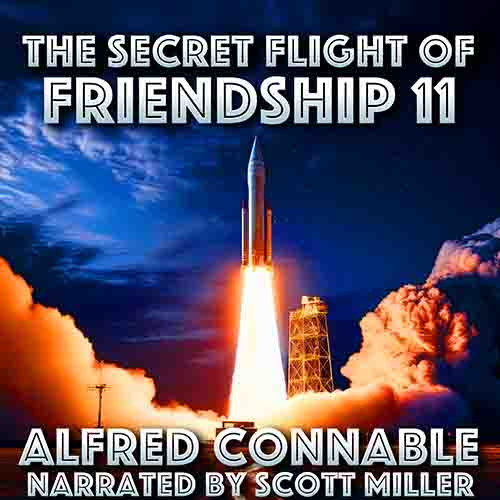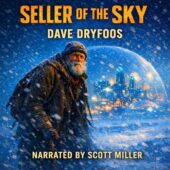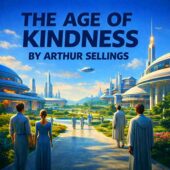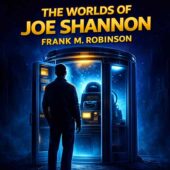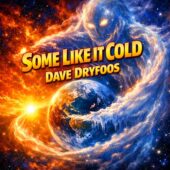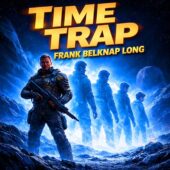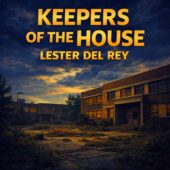Edgar Allan Poe
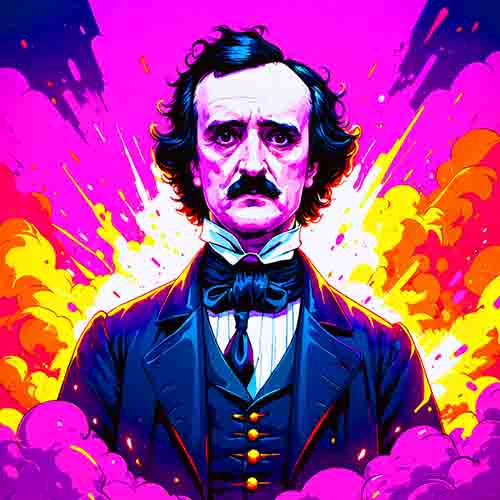
Biography
Edgar Allan Poe (1809–1849) was an American writer, poet, editor, and critic whose darkly imaginative works left an indelible mark on world literature. Often hailed as the master of the macabre, Poe pioneered multiple genres—horror, detective fiction, and early science fiction—while developing a distinctive literary style known for its intensity, rhythm, and psychological depth. His short but turbulent life, shadowed by loss, poverty, and personal struggle, shaped the haunting themes of mortality, madness, and beauty that recur throughout his writing.
Born in Boston to actors David and Elizabeth Poe, he was orphaned before age three when his father abandoned the family and his mother died of tuberculosis. Taken in by John and Frances Allan of Richmond, Virginia, Poe grew up in an atmosphere of privilege but also tension; his relationship with his foster father was strained and often combative. After a brief and troubled stint at the University of Virginia, marked by gambling debts, Poe enlisted in the U.S. Army and later attended West Point—though he was expelled for neglecting duties. By the 1830s, he committed himself to writing as a profession, despite its meager financial rewards.
Poe’s literary career blossomed first with poetry. His 1827 collection Tamerlane and Other Poems showed promise, but it was later works such as “The Raven” (1845) that made him famous. With its hypnotic rhythm and refrain of “Nevermore,” the poem became one of the most celebrated in American literature, cementing Poe’s reputation as a master of atmosphere and melancholy. Other poems like “Annabel Lee” and “Ulalume” revealed his gift for blending musicality with themes of doomed love and death.
While his poetry brought fame, it was Poe’s prose that reshaped literature. He virtually invented the modern detective story with “The Murders in the Rue Morgue” (1841), introducing amateur sleuth C. Auguste Dupin, who influenced Arthur Conan Doyle’s Sherlock Holmes. His horror tales—“The Tell-Tale Heart,” “The Fall of the House of Usher,” “The Black Cat,” and “The Masque of the Red Death”—are cornerstones of gothic fiction, combining psychological terror with supernatural dread. His knack for unreliable narrators, psychological insight, and relentless suspense made him a forerunner of modern horror and thriller writing.
Less recognized but equally important are Poe’s contributions to early science fiction. Stories like “The Unparalleled Adventure of One Hans Pfaall,” “The Balloon-Hoax,” and the novel The Narrative of Arthur Gordon Pym of Nantucket (1838) anticipated themes of space travel, exploration, and speculative science. His tale “Eureka” (1848), a prose-poem exploring cosmology, revealed his fascination with the universe and reads today as a blend of poetic vision and proto-scientific speculation.
Poe was also a groundbreaking critic and editor. His reviews, collected in volumes such as The Literati of New York City, were biting, honest, and often ruthless. He demanded higher artistic standards and helped shape American literary taste, even while making enemies with his blunt judgments. His critical essay “The Philosophy of Composition” outlined his belief in meticulous craftsmanship, insisting that every element of a story or poem should contribute to a single unified effect.
Despite his literary genius, Poe’s life was plagued by hardship. He lived much of his adult life in poverty, often relying on low-paying editorial jobs. His marriage to his young cousin Virginia Clemm was tender but marred by her long illness and early death from tuberculosis in 1847—a loss that devastated Poe and influenced many of his most mournful works. Struggles with alcohol, unstable health, and personal demons haunted him throughout his career.
Poe’s death in 1849 remains shrouded in mystery. Found delirious on the streets of Baltimore under unexplained circumstances, he died at only 40 years old. The cause of death is still debated, with theories ranging from alcoholism and illness to foul play.
Though his life was tragically short, Poe’s influence is immense. He inspired generations of writers, from Charles Baudelaire and Stéphane Mallarmé in France—who saw him as a prophet of symbolism—to H. P. Lovecraft, who built on Poe’s gothic horror. His detective stories laid the groundwork for an entire genre, and his explorations of madness, guilt, and unreliable perception resonate in modern psychological thrillers. His poetry remains among the most quoted in English literature, celebrated for its haunting musicality and emotional power.
Edgar Allan Poe endures not only as the father of gothic horror and detective fiction but also as a literary visionary whose work blurred the boundaries between imagination, science, and psychological inquiry. His tales continue to captivate readers and inspire countless adaptations in film, music, and art. Through the beauty of his language and the intensity of his themes, Poe remains one of literature’s most iconic figures—a writer who transformed personal tragedy into timeless art and left a shadowy, enduring imprint on world culture.
